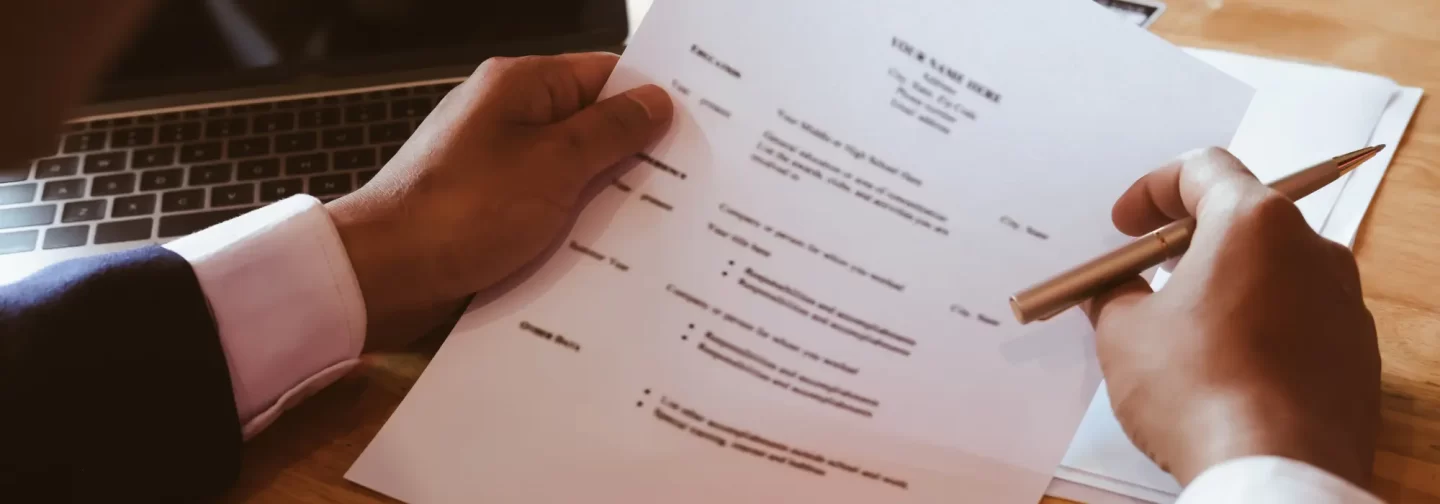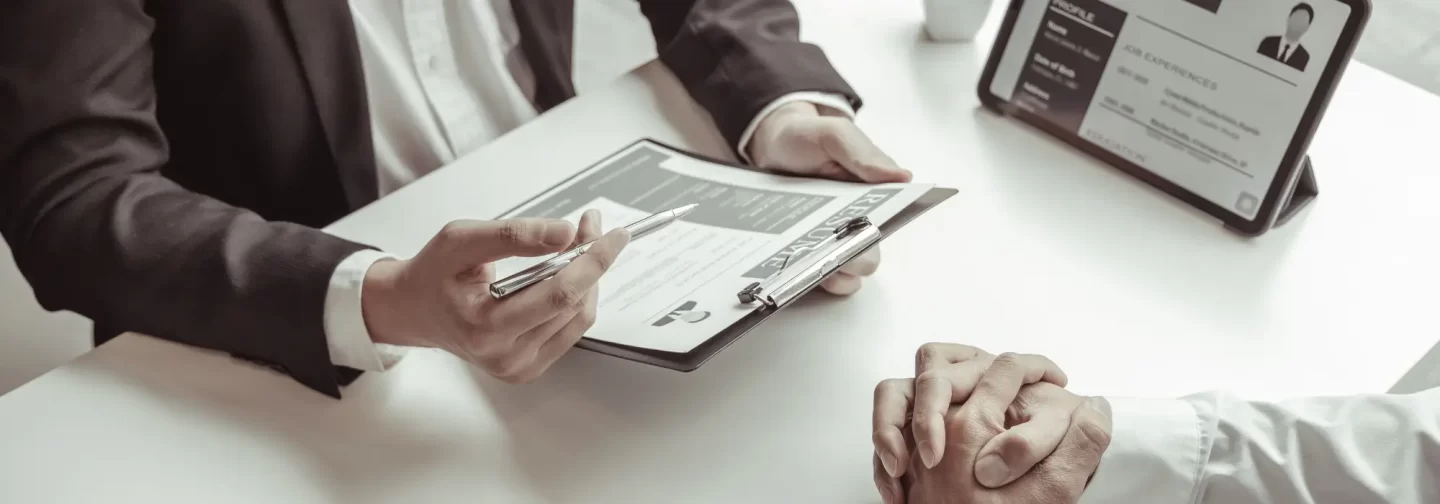Beyond a polished CV, your interview performance is the key to unlocking career opportunities. An interview is more than a conversation; it’s a crucial interaction where your suitability is tested, and what you say during the interview can have a significant impact on the outcome. To help you put your best foot forward, let’s explore 10 things not to say in an interview to ensure you leave a positive impression on your potential employer.
What you say in an interview is important
Interviews are the most common methods of employee selection, which is a crucial step to evaluate candidates’ qualifications and cultural fit. During interviews, what you say can influence the recruiter’s perception of you and impact the outcome of the interview. What you say in response to the first few questions helps form your first impression. This impression can shape the rest of the interview. Also your responses provide insight into your skills and problem-solving capabilities.
What not to say in an interview
Recruiters use behavioural questions to get a sense of your enthusiasm, motion and past experience. Their objective is to identify a candidate who not only meets the technical criteria for the position, but also fits with the company’s culture. Ultimately, your words in the interview are a key factor in presenting yourself as a well-qualified and compatible candidate for the position. Learn more below:
1. Negative comments about your previous job or employer

Keep a positive tone. Focus on the lessons learned and how these experiences have contributed to your professional growth.
2. “It’s on my CV/resume”

While your CV provides an overview, take this opportunity to go into more detail. Expand on key points, provide context, and emphasize the relevance of your experience to the role. This will help to make your achievements more memorable.
3. “What does your company do?”

Show you’ve done your homework. Instead of basic questions, ask more specific and insightful questions about recent projects, company culture, or future goals
Psst. Are you looking to write a CV for the Oil and Gas industry?
Read our dedicated article on this topic by clicking the button below.
4. “I don’t know”

Show your problem-solving skills rather than admitting a lack of knowledge. Express your eagerness to find solutions or offer insights based on related experience.
5. “I am a perfectionist”

Instead of using clichés, go into detail. Discuss how your attention to detail positively impacts your work, ensuring accuracy and quality results. Provide concrete examples to support your statement.
6. Weaknesses without solutions

Acknowledge areas for improvement, but go further to discuss the steps you’ve taken to address and overcome those weaknesses.
7. “I will do anything”

Tailor your enthusiasm for the role. Express your willingness and interests, highlight your specific skills, and show how they match the job requirements rather than making broad statements.
8. Irrelevant personal issues or personal stress

Keep the interview professional. While personal stress may be a reality, do not discuss unrelated personal issues during the interview. Emphasize your ability to deal effectively with work-related challenges.
9. “I don’t have any questions”

Most interviews end with “Do you have any questions”, don’t say “I don’t have any questions”. Show your interest in the position by preparing thoughtful questions.
10. Read your notes word for word

Prepare and practice your answer is great. But notes can only serve as useful prompts, please avoid sounding rehearsed. Use your notes as a guide rather than reading directly from them.
Now it’s time to prepare for your next interview, let your words be the ambassadors of your capability, enthusiasm, and professionalism. Success in interviews is not just about what you say; it’s about how you say it. Good luck!
Have you succeeded in landing a job? Here are our tips for your first week at work.



